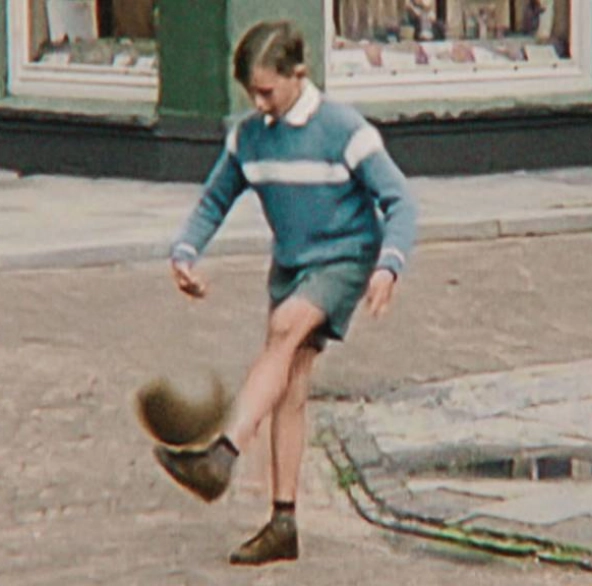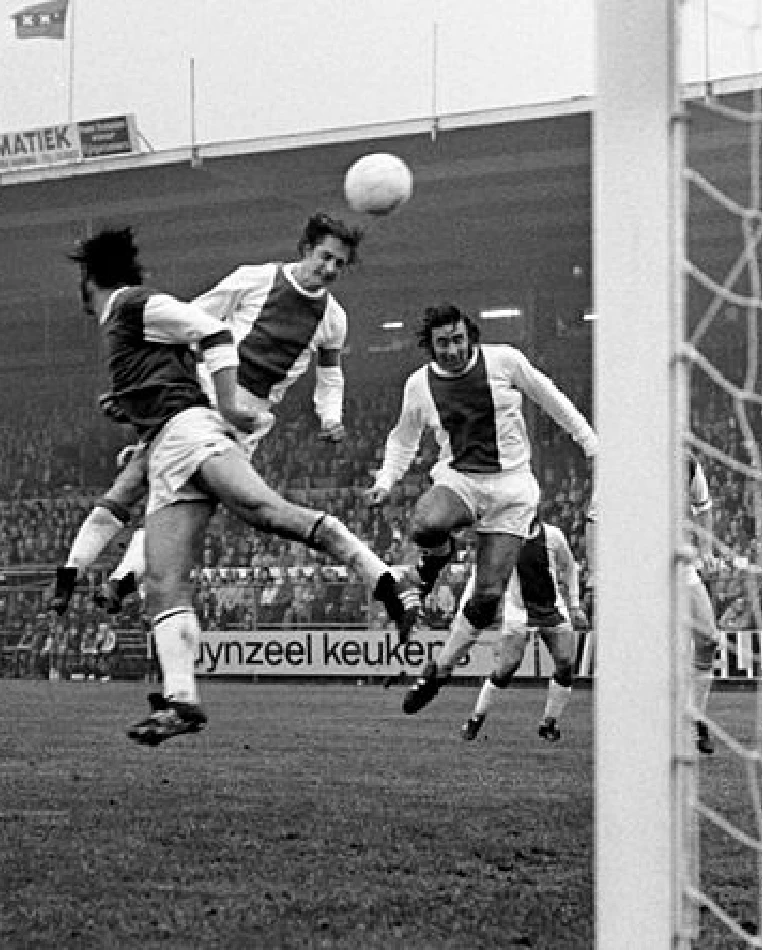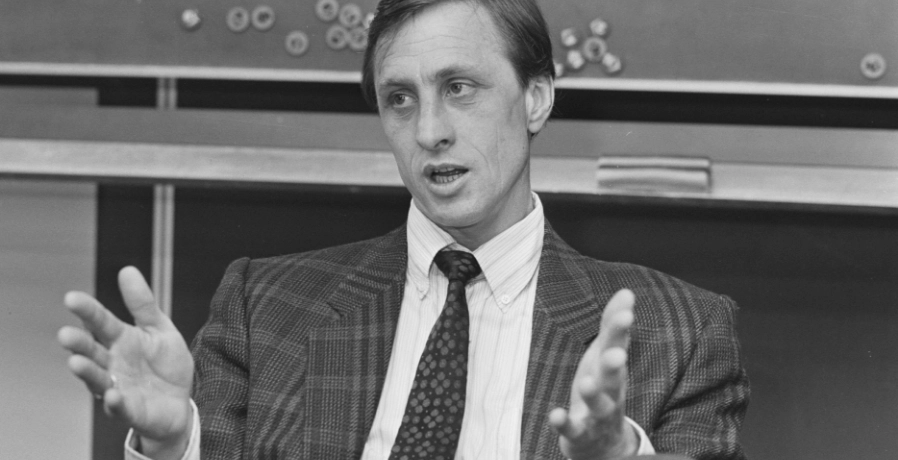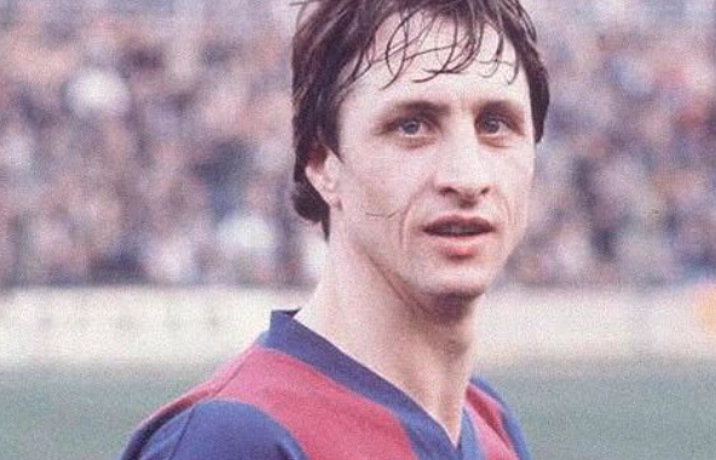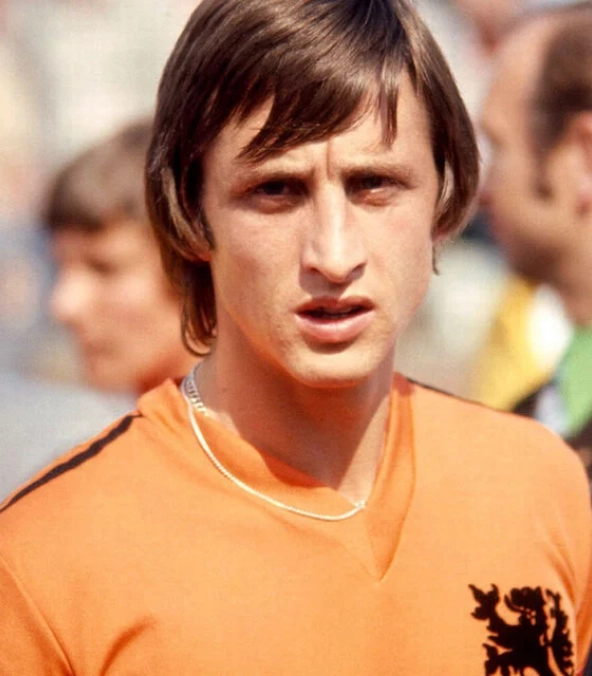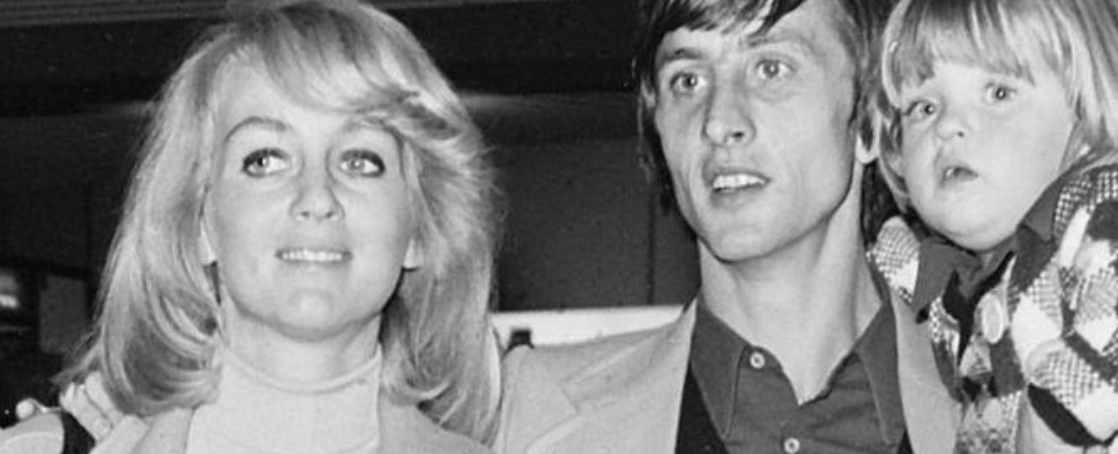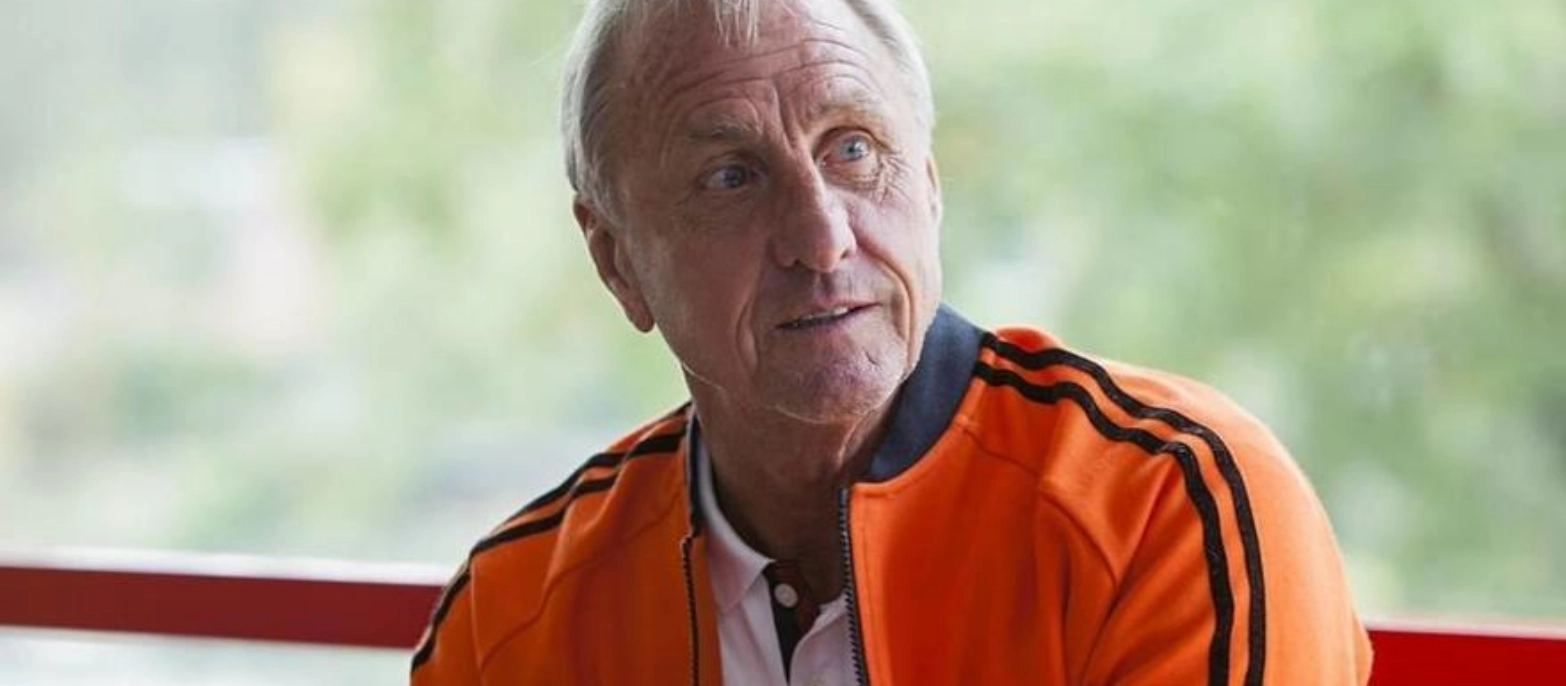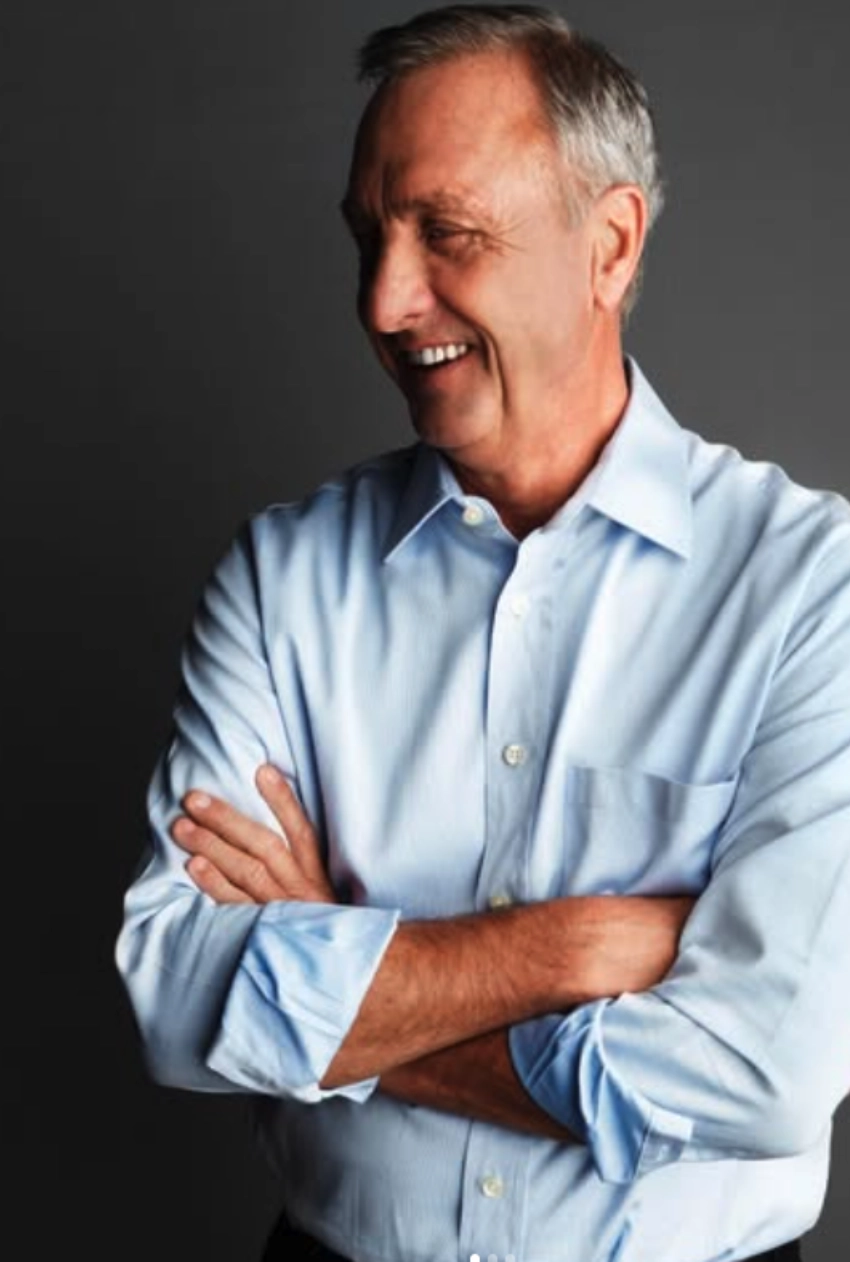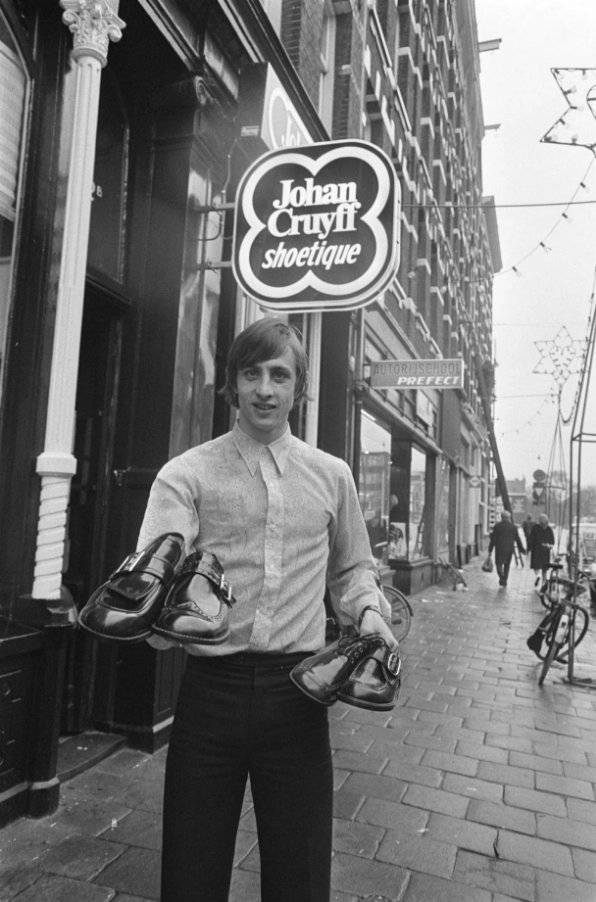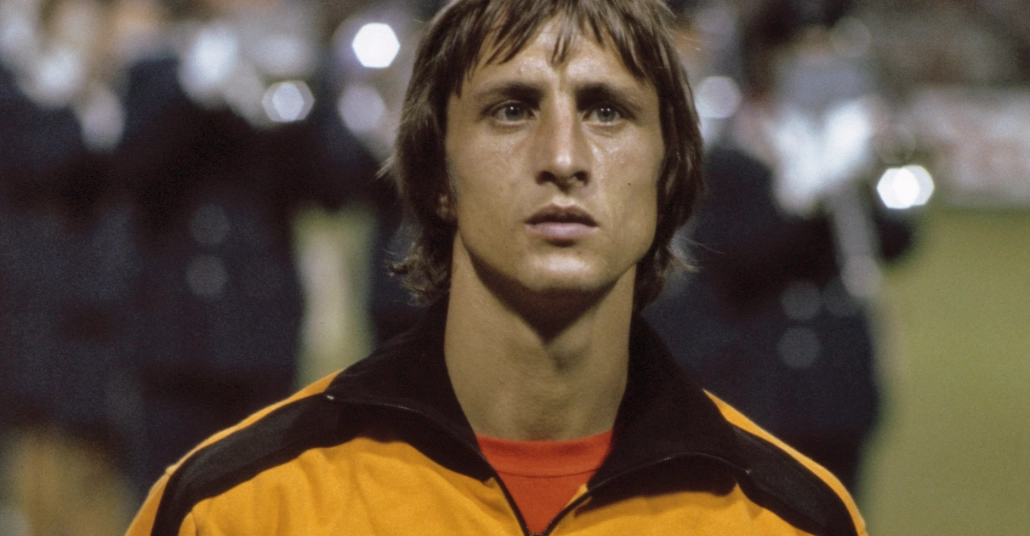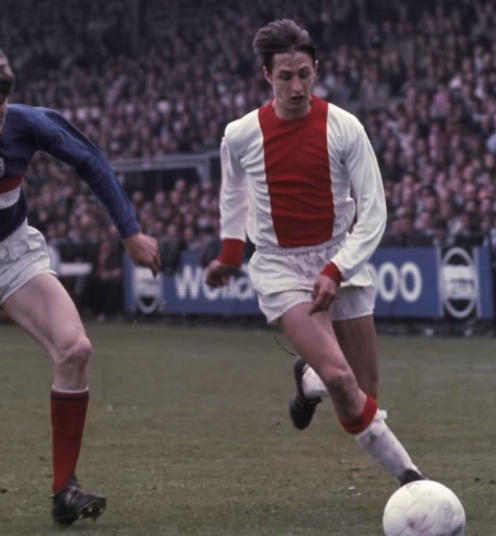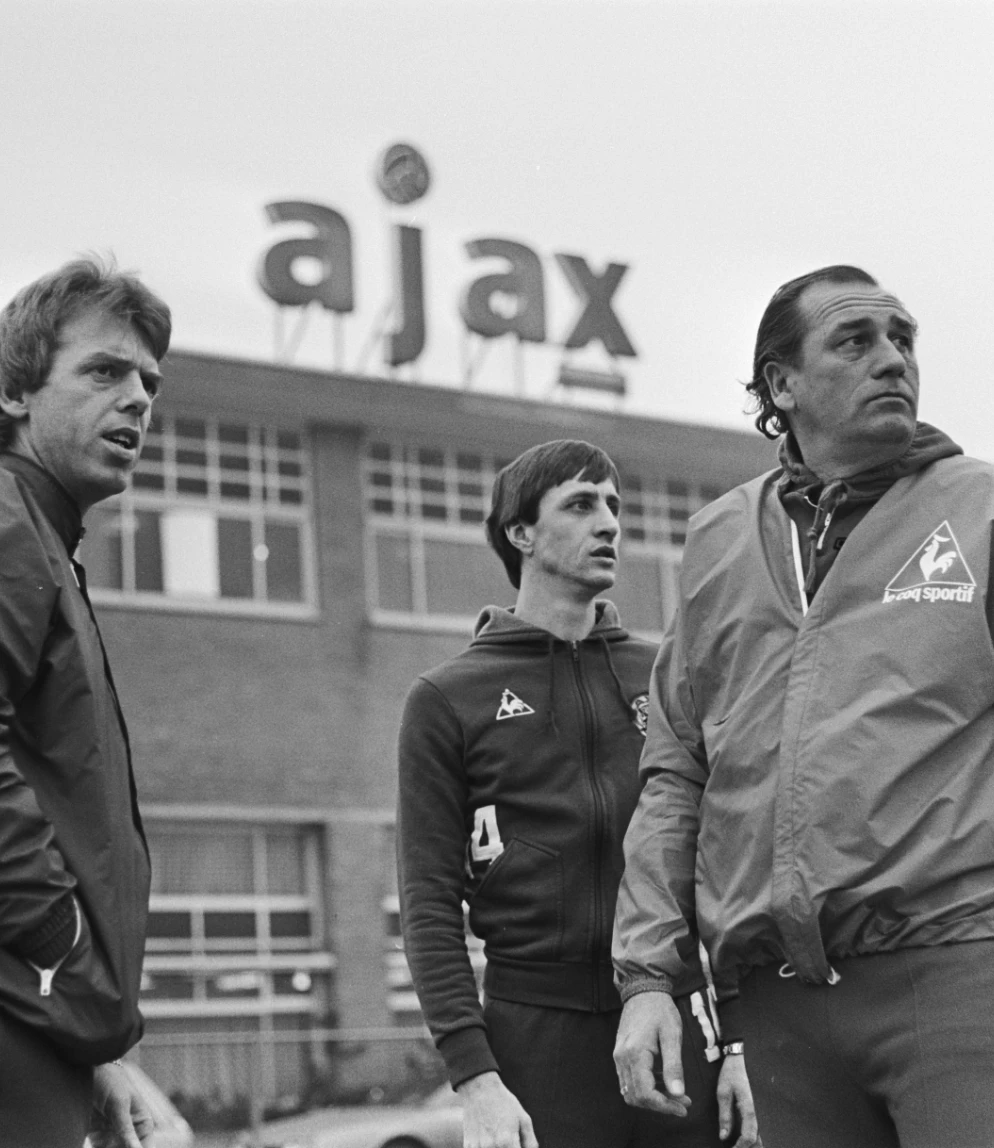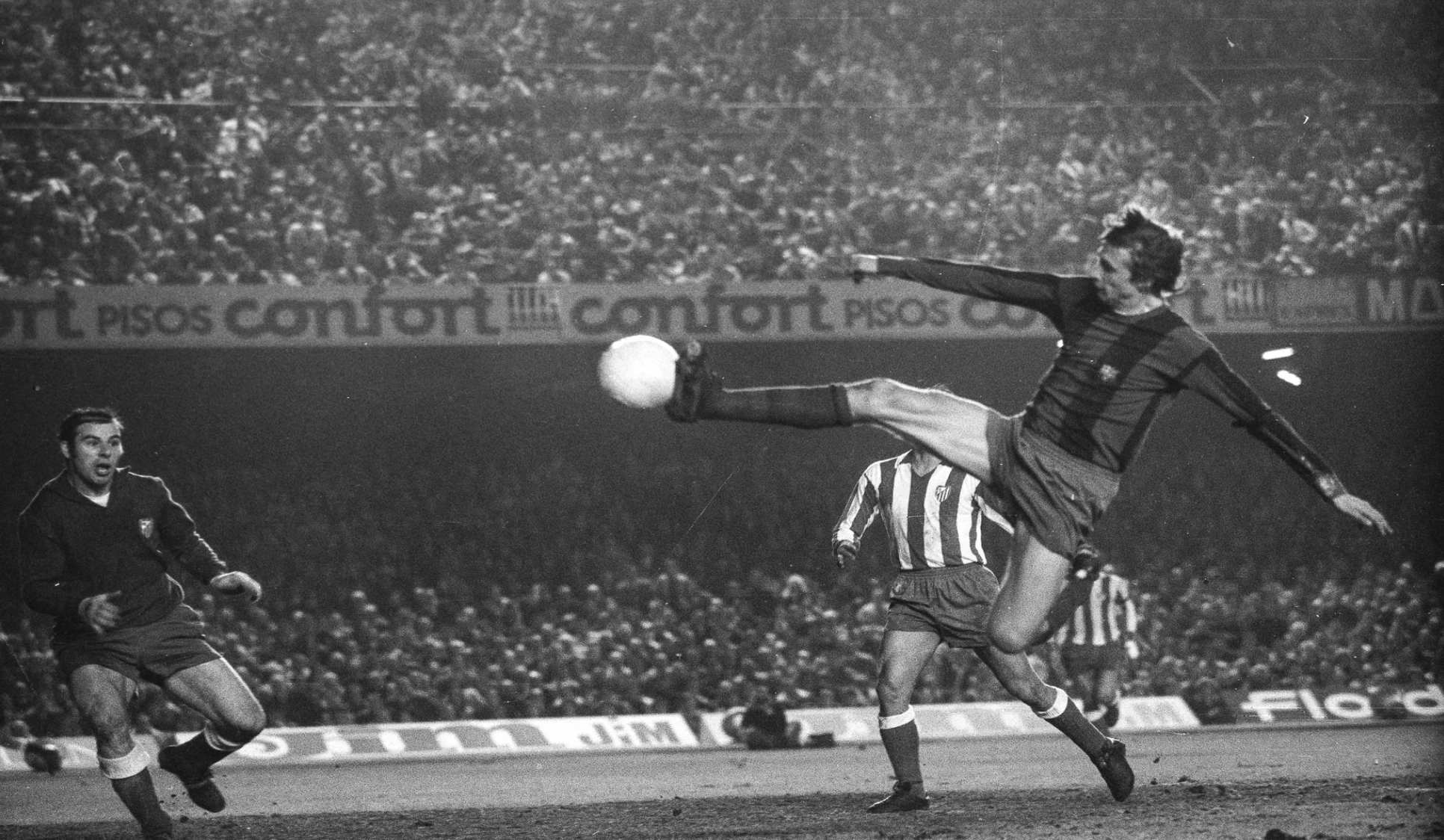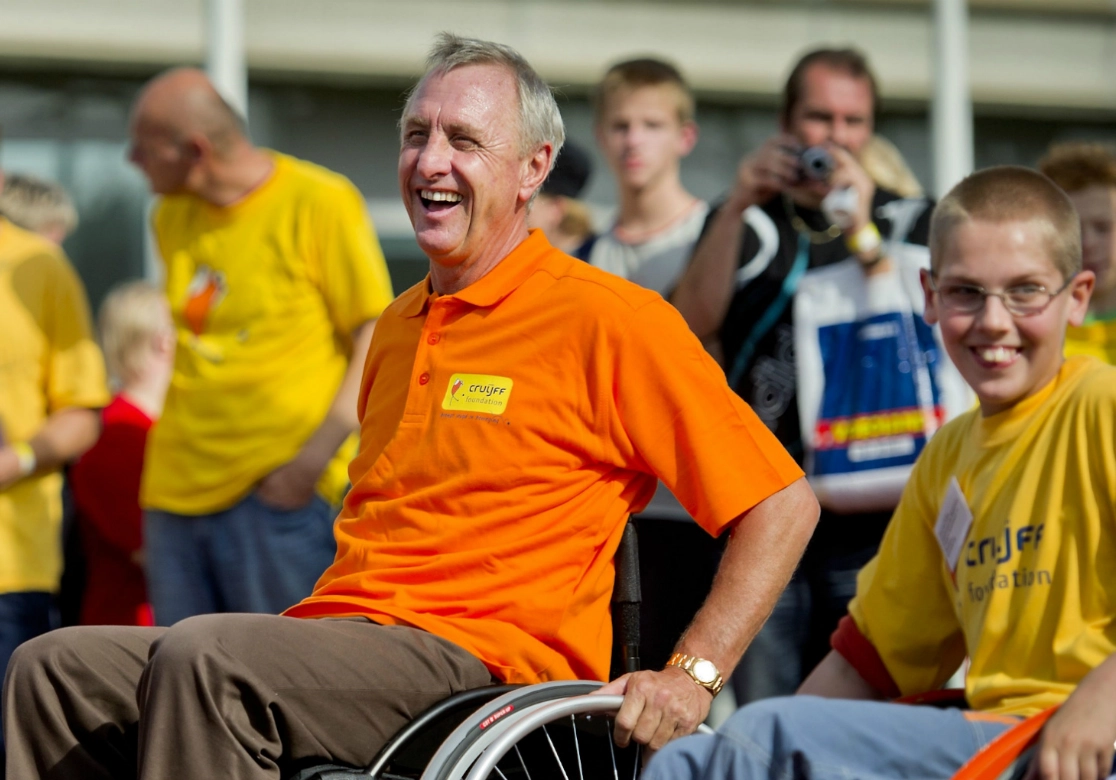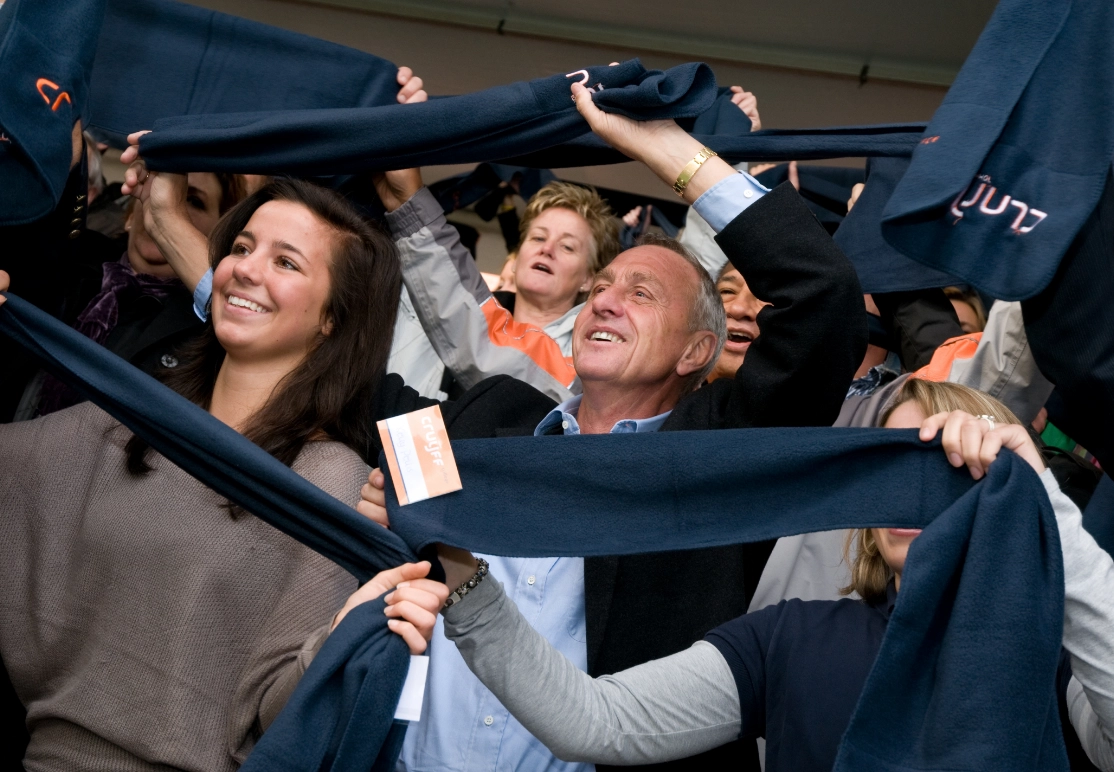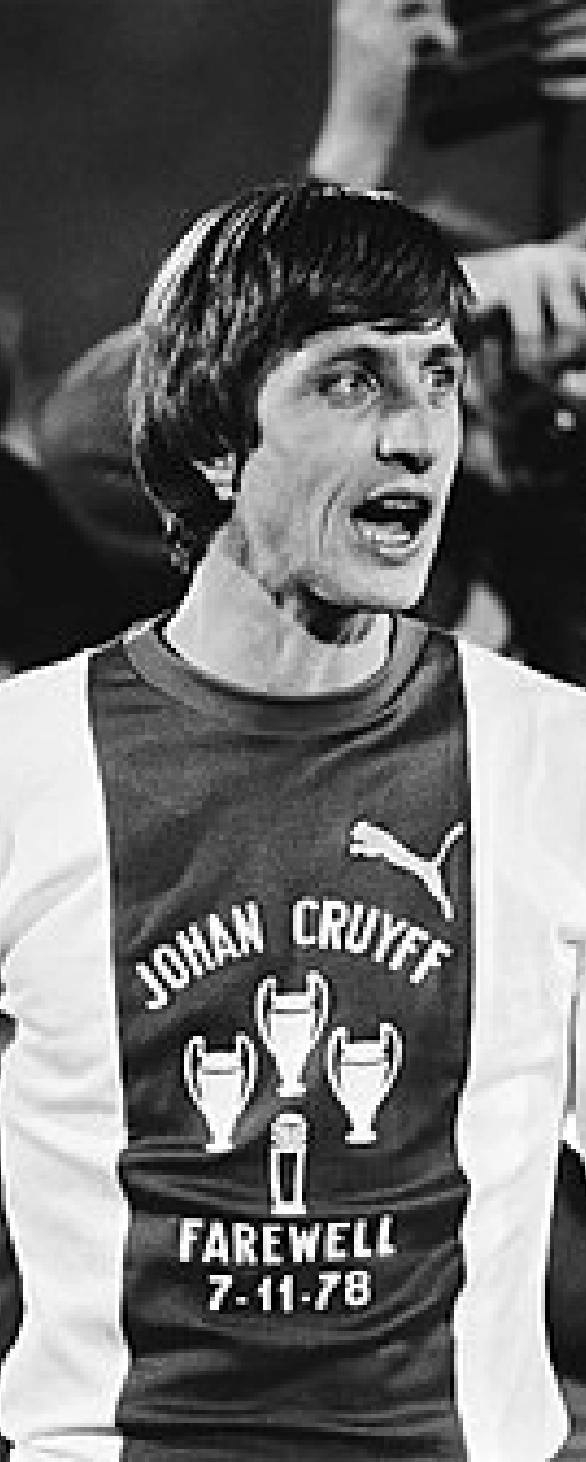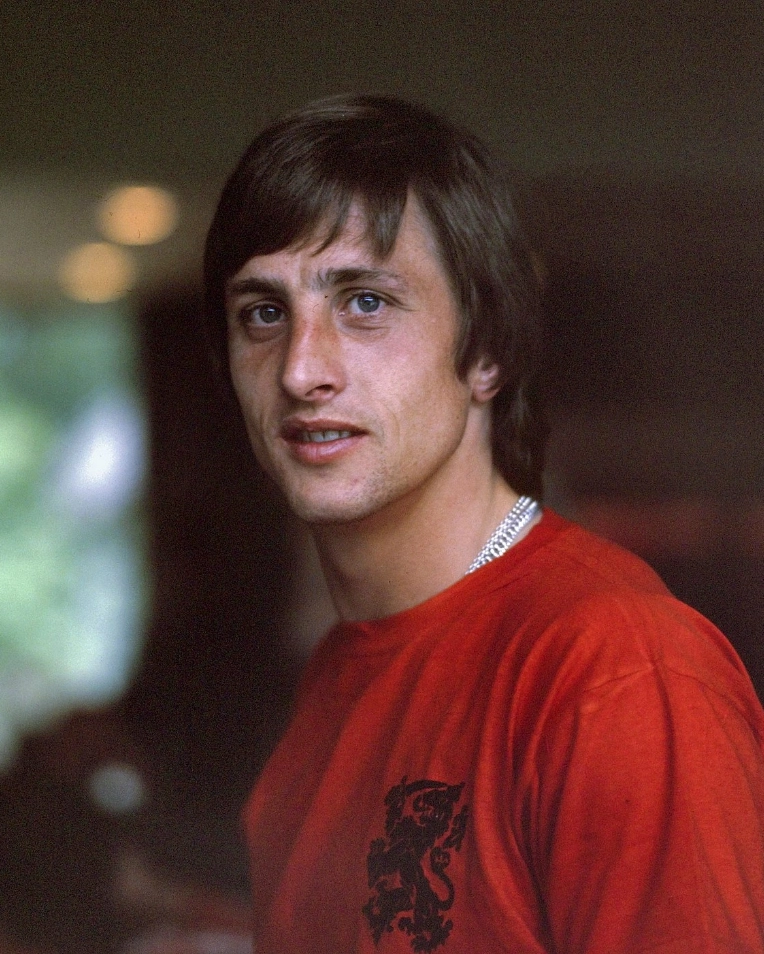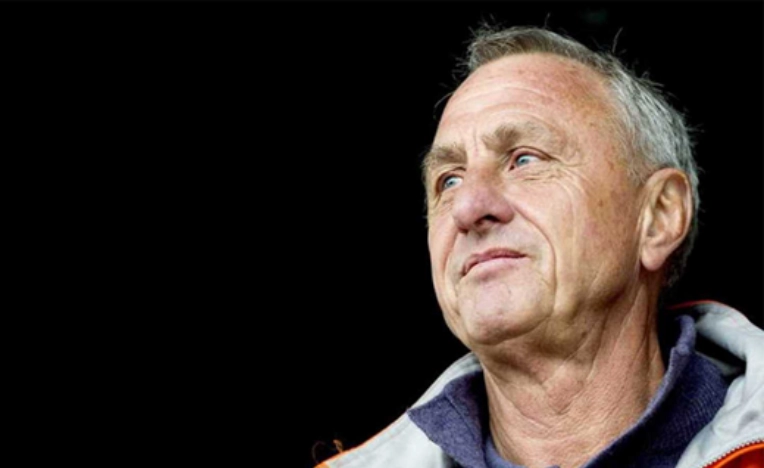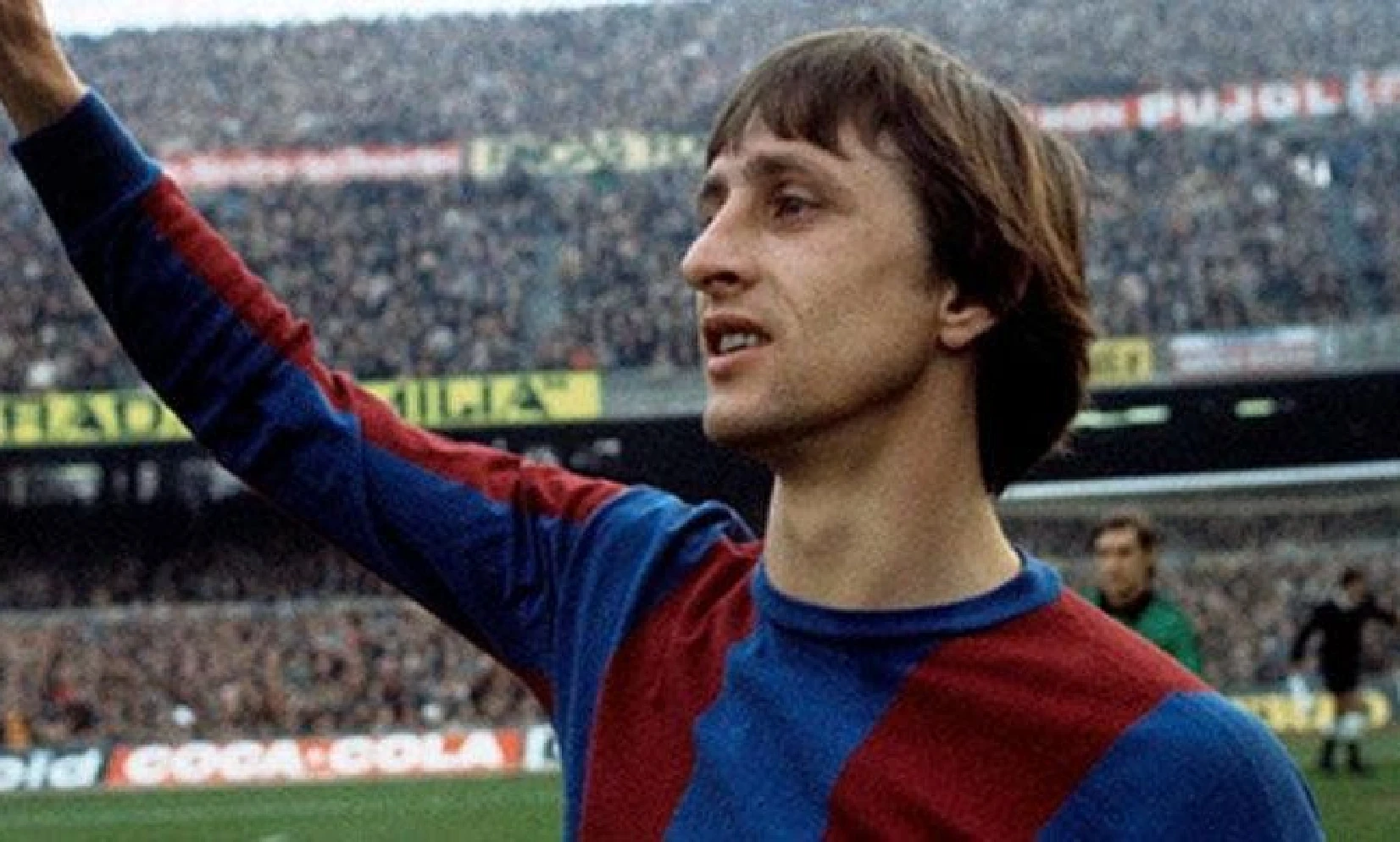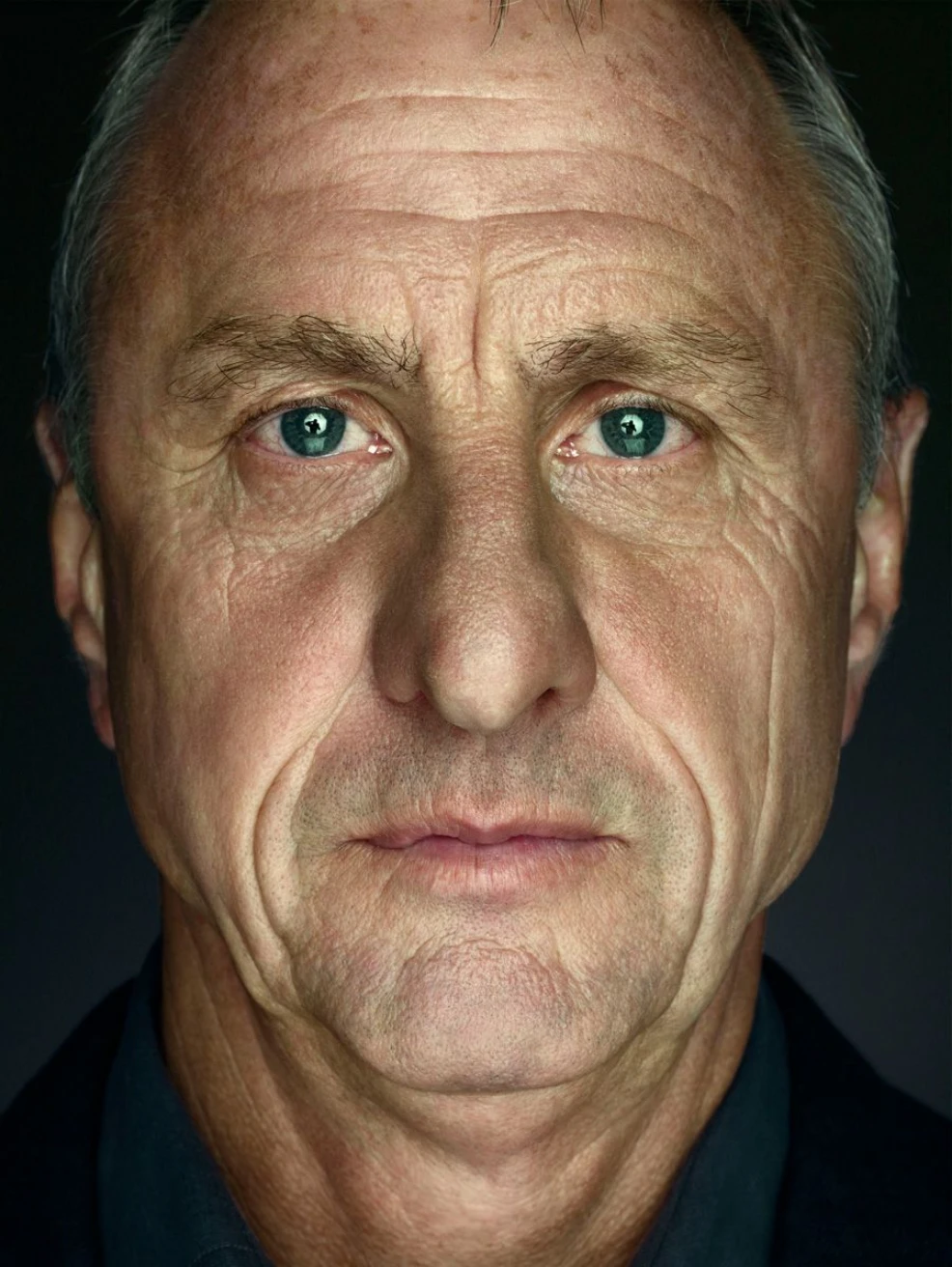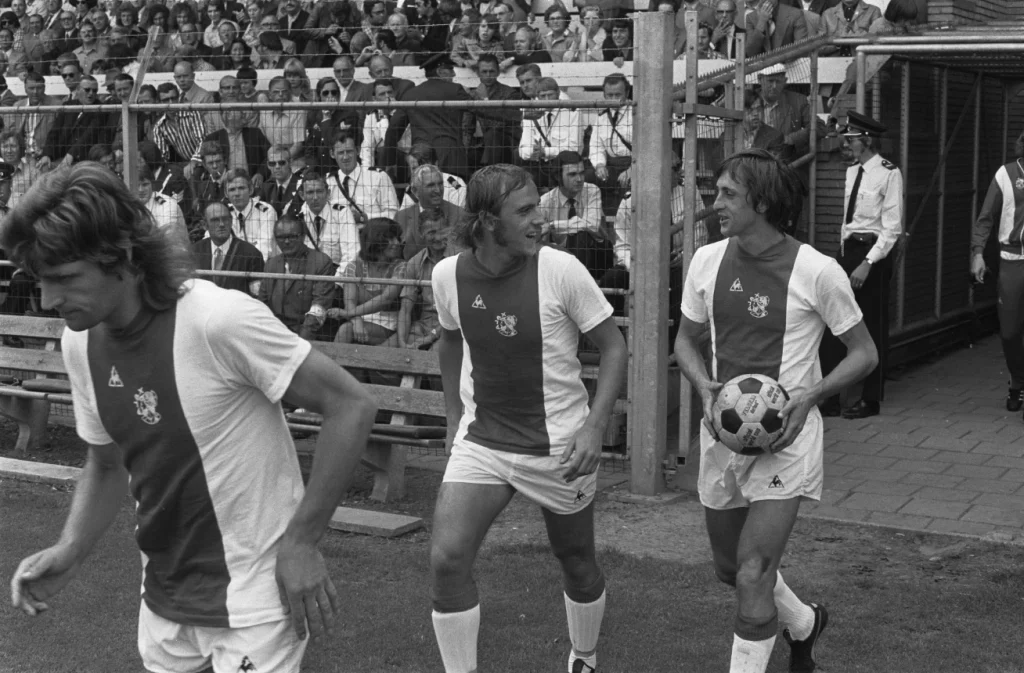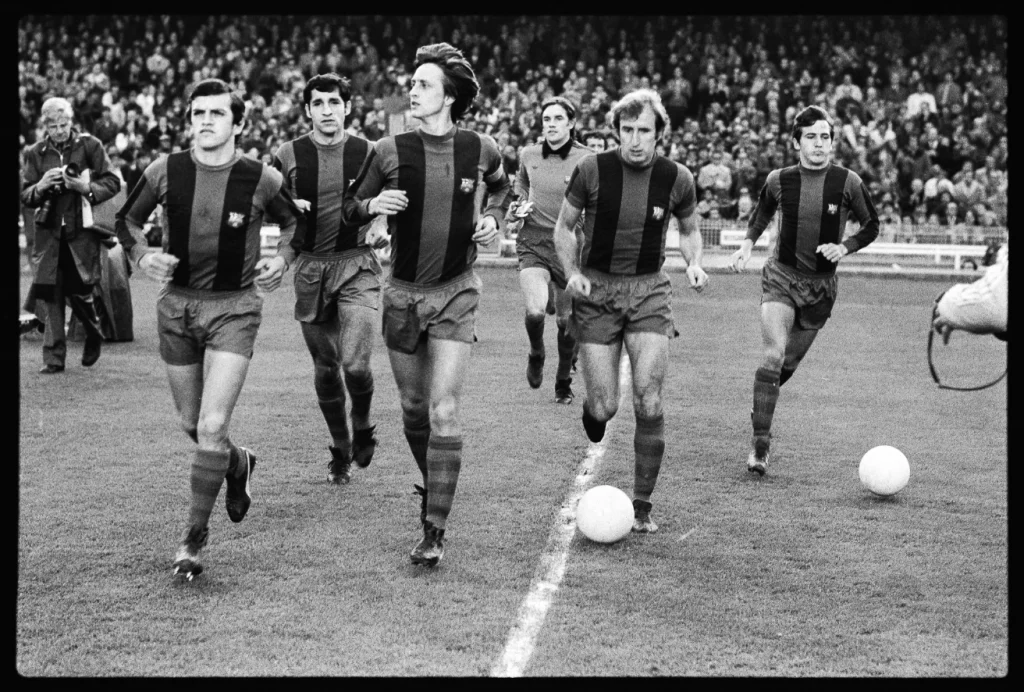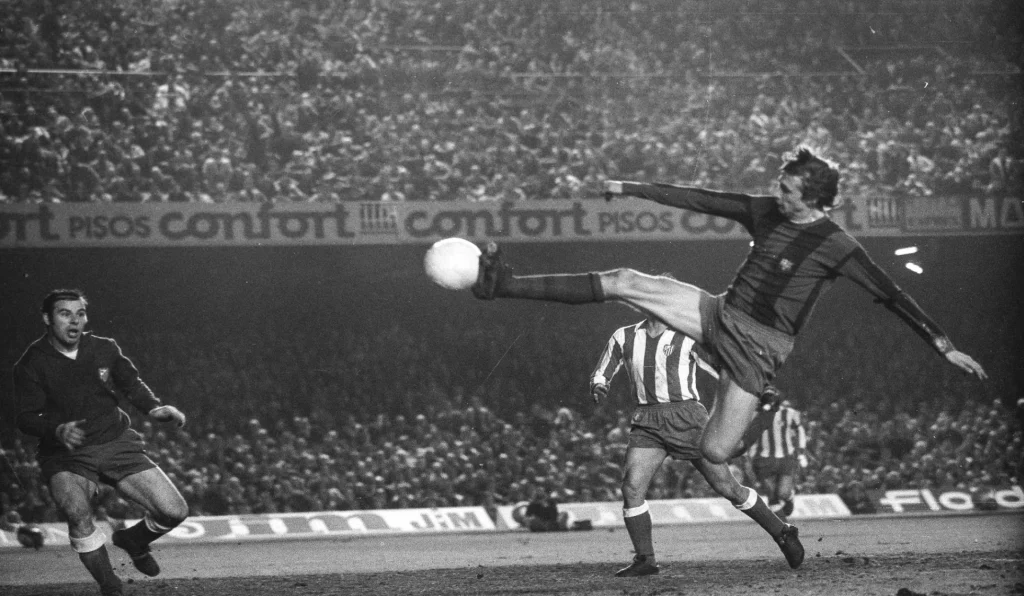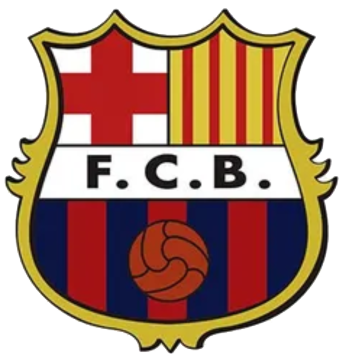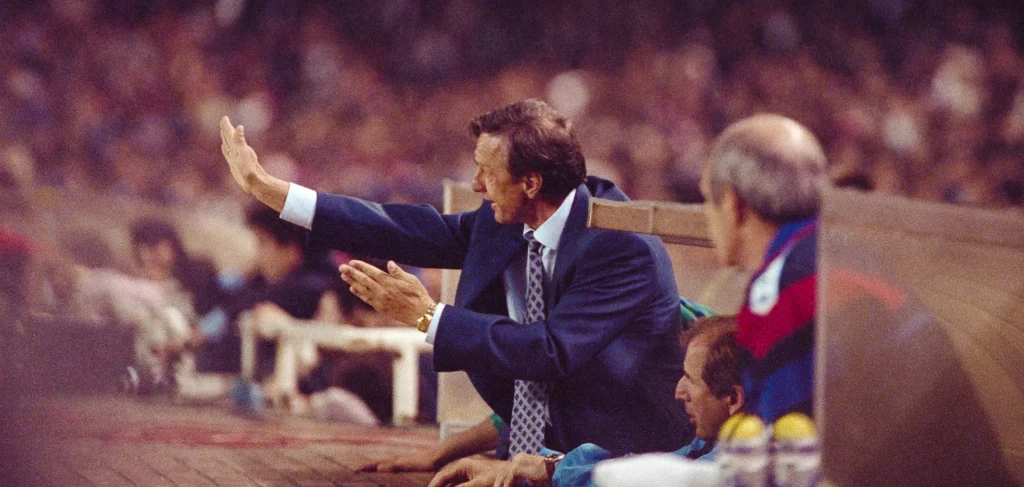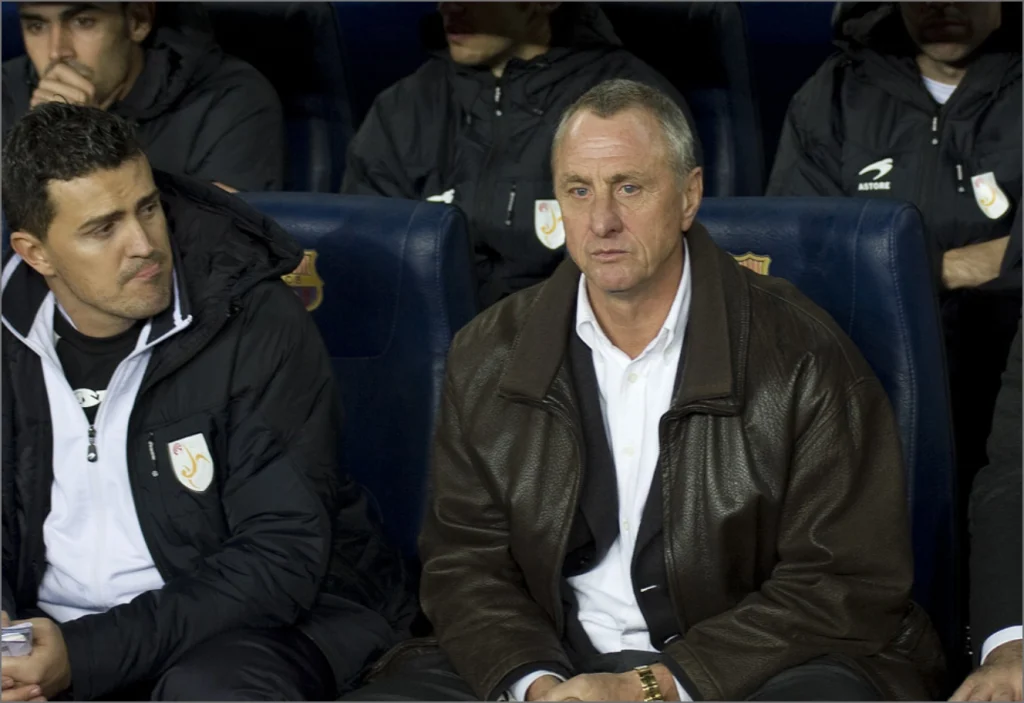Timeline
25 april
Hendrik Johannes Cruijff was born in Amsterdam.
25 April
Johan joins the Ajax AFC youth team.
8 July
Johan’s father passes away.
15 November
Johan makes his first-team debut for Ajax and scores his first goal, despite a 3–1 defeat to GVAV.
In the 1965-66 season, Johan scores his first hat-trick and nets a total of 25 goals, helping Ajax win the Eredivisie.
On 7 September, Johan makes his debut for the Netherlands and scores in a 2–2 draw against Hungary in a Euro ’68 qualifier.
On 6 November, Johan becomes the first Dutch international ever to receive a red card. He goes on to finish the season as the Eredivisie’s top scorer with 33 goals and is awarded Dutch Footballer of the Year.
On 10 December, Johan marries Danny Coster. That same year, he is named Dutch Footballer of the Year.
On 28 May, Ajax are defeated 4–1 by Milan in the European Cup final.
Johan returns from injury wearing the No. 14 shirt — a number he would keep for the rest of his career.
On 16 November , their first daughter, Chantal, was born.
On 29 November: Johan scores six goals in an 8–1 victory over AZ ’67.
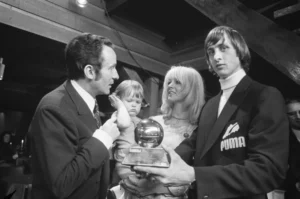
On 2 June, Ajax win their first-ever European Cup final, beating Panathinaikos 2–1. That same year, Johan signs a seven-year deal with the club, is named Dutch and European Footballer of the Year, and receives his first Ballon d’Or.
On 31 May, Johan scores both goals in Ajax’s 2–0 win over Inter Milan, securing their second consecutive European Cup. Later that year, Ajax also win the Intercontinental Cup, cementing their status as a global powerhouse.
On 27 January, their second daughter, Susila, was born.
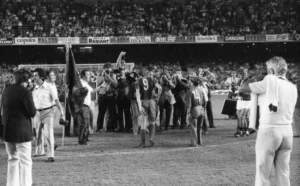
On 30 May: Ajax win the European Cup for the third consecutive season with a 1–0 victory over Juventus.
On 19 August: Johan plays his final match for Ajax before transferring to Barcelona for a world-record fee (approximately $2 million).
Later that year, Johan wins his second Ballon d’Or.

On 9 February: Johan’s son, Jordi, is born. His birth is registered in Amsterdam, as the name “Jordi” is illegal under Franco’s regime in Spain.
On 17 February: FC Barcelona defeat Real Madrid 5–0 at the Santiago Bernabéu. The team goes on to win La Liga for the first time since 1960.
In October, Johan retires from international football, bringing an end to his iconic career with the Netherlands.
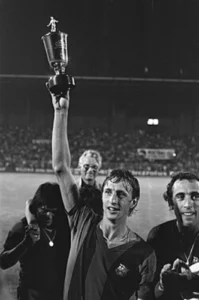
On 19 April, Barcelona wins the Copa del Rey with a 3–1 win over Las Palmas. That summer, the Netherlands reaches their second consecutive World Cup final, but falls 3–1 to Argentina in extra time.
Barcelona’s La Masia youth academy is founded, inspired by Cruyff’s advice and football philosophy.
Moves to the Los Angeles Aztecs to continue his playing career in the NASL.
The Netherlands reach the World Cup final once again, but lose 3–1 to Argentina in extra time.
Johan moves to the Washington Diplomats to continue his career in the NASL. In November, he returns to Ajax, who were struggling in 8th place at the time, taking on the role of technical advisor.
In February/March, Barcelona claims the European Super Cup, defeating Werder Bremen 3–2 on aggregate.
February
Moves to Levante after a proposed transfer to Leicester City falls through.
Summer
Returns to the Washington Diplomats.
December
Signs as a player for Ajax.
In June, after winning the Eredivisie with Ajax, Johan makes a controversial move to rivals Feyenoord following Ajax’s decision not to renew his contract. In a remarkable season, Feyenoord goes on to win both the league title and the KNVB Cup.
Feyenoord win the league and KNVB Cup double.
1966–1984: Represents the Netherlands internationally, earning 48 caps and scoring 33 goals.
Named Dutch Footballer of the Year for a fifth time.
13 May: Retires from competitive football.
In June, Johan returns to Ajax as technical director — effectively taking on the role of manager.
13 May
Ajax win the European Cup Winners’ Cup with a 1–0 victory over Lokomotive Leipzig.
In the summer, Johan joins FC Barcelona as manager, beginning a historic new chapter in his football career.
On 10 May, Johan leads Barcelona to victory in the European Cup Winners’ Cup, defeating Sampdoria 2–0 in the final.
In February, Johan undergoes double heart bypass surgery. Just weeks later, on 5 April, he leads Barcelona to win the Copa del Rey.
On 20 May, Johan Cruyff’s Barcelona wins their first-ever European Cup, defeating Sampdoria 1–0 after extra time.
Johan Cruyff’s Barcelona secures their third straight La Liga title.
In February/March, Johan Cruyff’s Barcelona secures their fourth straight La Liga title, marking an era of domestic dominance.
In April, Johan Cruyff is dismissed as manager of FC Barcelona, bringing an end to a transformative and trophy-laden era at the club.
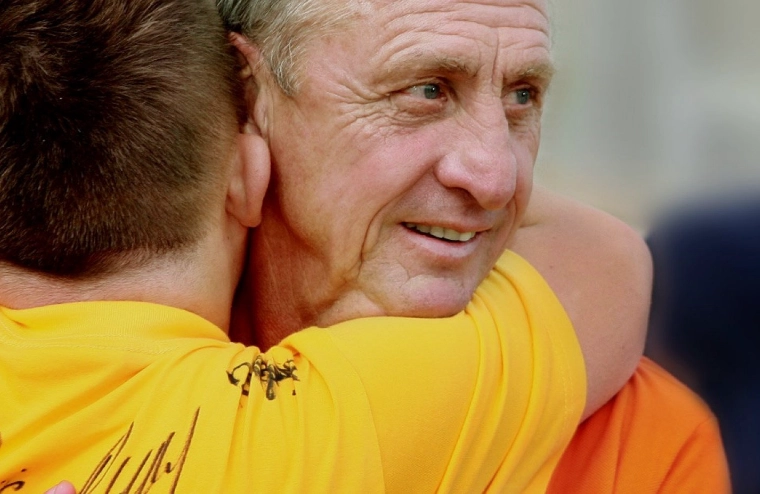
The Cruyff Foundation is established, reflecting Johan’s commitment to using sport as a tool for social inclusion and youth development.
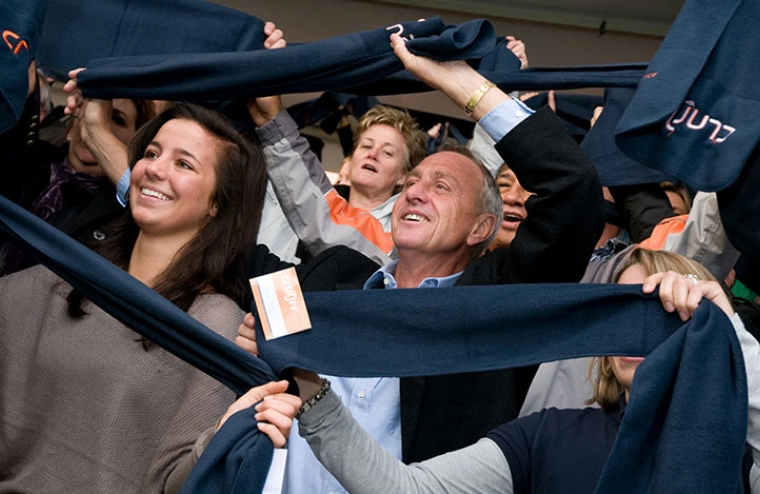
The Johan Cruyff Institute is founded, continuing his legacy by educating future leaders in sport.
Voted European Player of the Century.
Comes second to Pelé in the World Player of the Century poll.
Johan Cruyff is named in the FIFA 100 list of the world’s greatest living players, selected by Pelé to celebrate FIFA’s centenary.
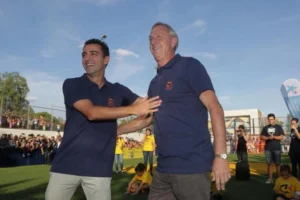
The 100th Cruyff Court is opened, marking a major milestone in Johan Cruyff’s mission to create safe and inclusive spaces for children to play and grow through sport.
In October, Johan Cruyff is diagnosed with lung cancer.
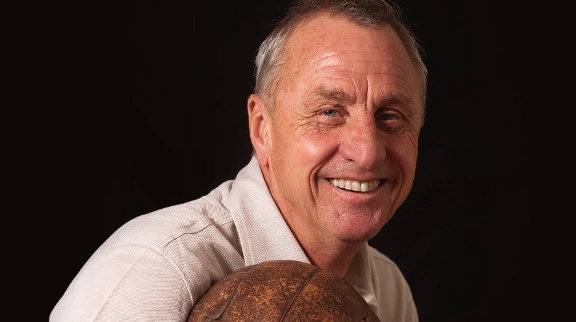
On 24 March, Johan Cruyff passes away in Barcelona at the age of sixty-eight, leaving behind an enduring legacy as one of football’s greatest visionaries.


